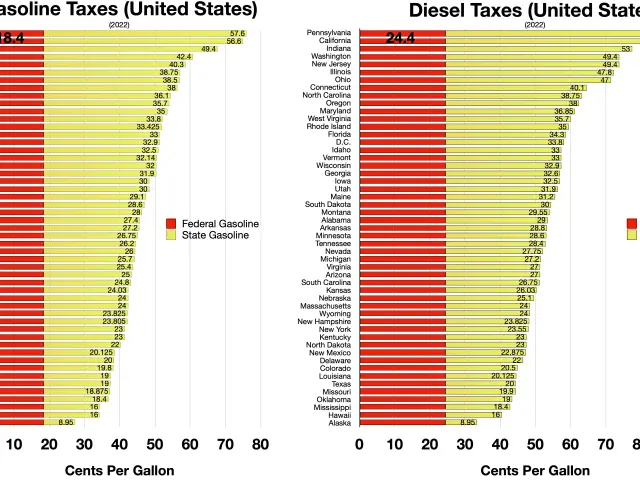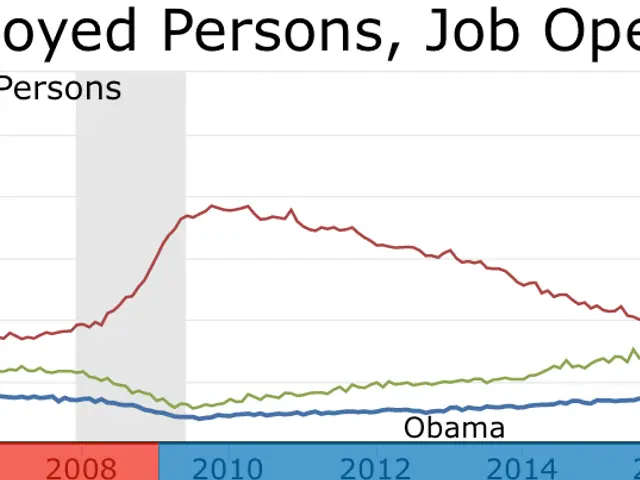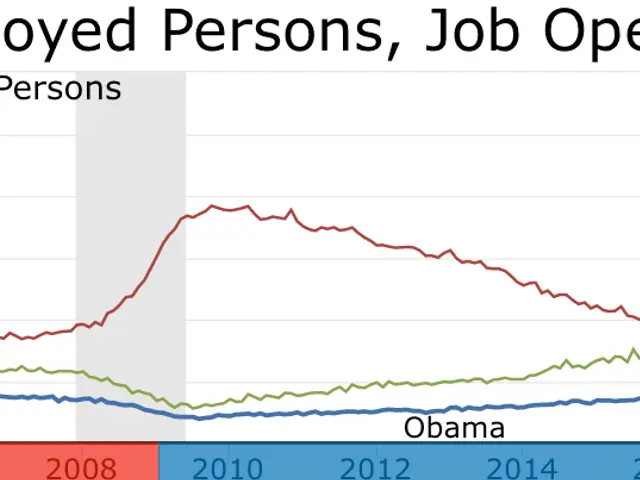Insurers Battle Climate Change, Divest US$20B from Coal
The insurance industry is taking significant steps to combat climate change. None of the major insurers have excluded projects based solely on their impact on the environment. Instead, they're divesting from coal, with 15 giants pulling out US$20 billion. However, the definition of a coal company varies, allowing some major producers to continue operating.
Insurers are waking up to the financial risks of climate change. Australian companies like IAG and Suncorp have faced disaster claims exceeding provisions for eight and nine of the last ten years. Munich Re warns that catastrophe insurance may become unaffordable in the future. By stopping new coal mines and power stations, insurers could collectively reduce global emissions.
Swiss insurer Zurich has taken a stand, divesting from and ceasing underwriting companies with more than 50% dependence on coal. However, the global insurance industry manages over US$31 trillion in assets, with only US$4 trillion divested from the coal sector, indicating there's still much to be done. QBE, another Australian insurer, felt the impact in 2017, taking a US$600 million pre-tax hit due to severe weather events.
Insurers are increasingly recognizing the financial benefits of stopping the growth of the coal sector. By reducing disaster risks, they can make car insurance more affordable and sustainable. While progress is being made, there's still a long way to go in aligning the insurance industry with the goals of the Paris Agreement.








